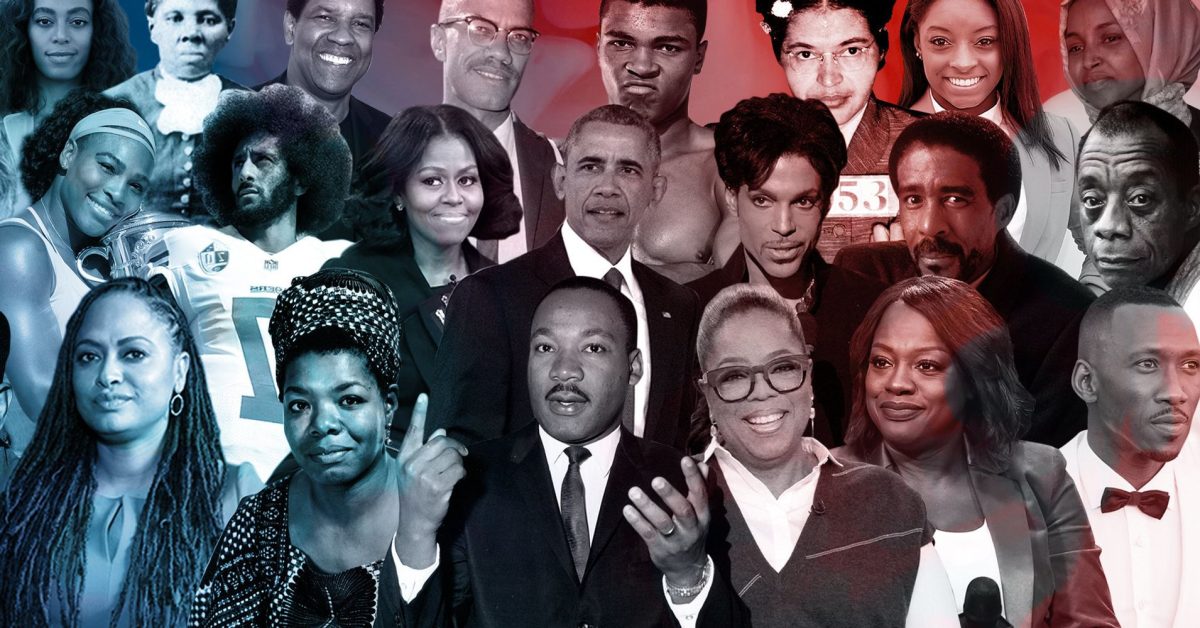As Black History Month winds to a close, it is essential to confront an uncomfortable yet truthful reality: white supremacy still thrives in America. Despite the strides made in civil rights, the insidious tendrils of racial inequality, discrimination, and violence persist, perpetuated by systems that benefit white individuals while oppressing black communities. Black History Month, originally created as a time for reflection and celebration of black achievement, is often co-opted by white people as a shield against accusations of racism. It has become a tokenistic gesture, a superficial nod to diversity, while the underlying structures of oppression remain intact.
White individuals, comfortably ensconced in privilege, may participate in surface-level displays of support without addressing the systemic issues that perpetuate racial disparities. This misuse of Black History Month speaks to a deeper issue: the fragility of white people when confronted with discussions of race. Rather than engaging in meaningful dialogue or introspection, many recoil at the mere suggestion of their complicity in perpetuating racism. They become defensive, more concerned with absolving themselves of guilt than with dismantling the systems that uphold their privilege. Moreover, the anger directed towards accusations of racism pales in comparison to the anger evoked by actual acts of racism.
The discomfort of being labeled racist becomes more significant than the pain experienced by BIPOC individuals enduring systemic oppression. This misplaced outrage serves to deflect attention from the urgent need for systemic change. Meanwhile, systemic racism continues to worsen, entrenching disparities in wealth, education, healthcare, and criminal justice. Black and brown communities bear the brunt of this injustice, facing higher rates of poverty, incarceration, and police violence. Despite this reality, many white individuals remain willfully blind to their role in perpetuating these inequities. It’s time to acknowledge that true progress requires more than symbolic gestures or performative allyship. It demands a genuine commitment to dismantling systems of oppression and addressing the root causes of racial inequality. White supremacy cannot be defeated with passive observance or empty platitudes; it requires active resistance and solidarity with marginalized communities.
As we reflect on Black History Month, let us not be content with superficial gestures or hollow displays of support. Instead, let us commit ourselves to the hard work of challenging systemic racism in all its forms. Only then can we hope to build a more just and equitable society where black history is not relegated to a single month but celebrated and honored every day! I thank you, as always for lending me your ears till we next speak.
Humbly yours,
ARD





